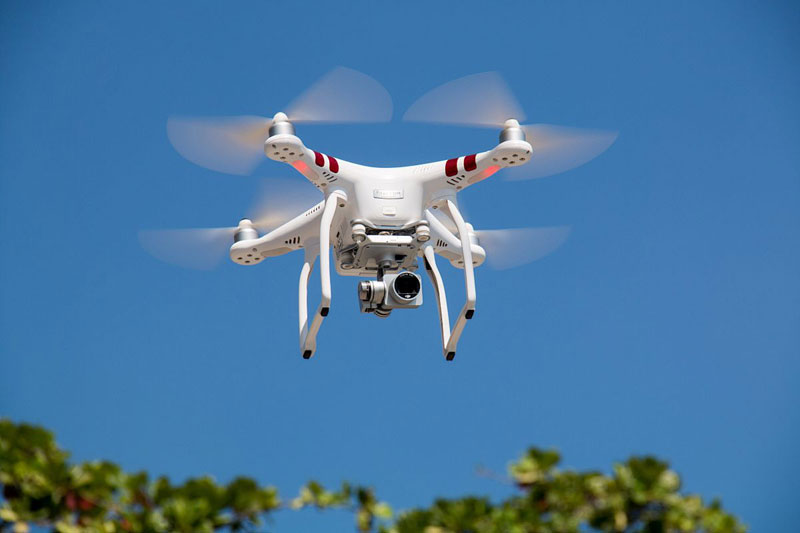The reaper drone, an advanced unmanned aerial vehicle, has significantly transformed modern warfare strategies. As technology progresses, military forces worldwide seek innovative methods to enhance their capabilities and operational efficiency, and reaper drones are at the forefront of this evolution.
Understanding the Reaper Drone’s Impact
The MQ-9 Reaper, developed by General Atomics Aeronautical Systems, exemplifies technological advancement in military operations. These drones are equipped with cutting-edge surveillance equipment, allowing them to gather intelligence from thousands of feet above ground, without risking pilot lives. This feature alone marks a pivotal shift in military tactics, which traditionally relied heavily on manned aircraft.
- Precision targeting capabilities.
- Extended flight time and range.
- Real-time data transmission.

Advantages of Reaper Drone Technologies
Reaper drones’ remote operation capability ensures that missions can be conducted securely from thousands of miles away, greatly minimizing the risk to military personnel. Moreover, these drones possess precision weaponry systems capable of executing targeted strikes, significantly reducing collateral damage. The efficient design allows for prolonged flight durations, making long-term surveillance viable—a crucial component for modern intelligence gathering.
Enhanced Surveillance and Reconnaissance
Drones have revolutionized the way intelligence is gathered. With advanced cameras and sensors, reaper drones provide detailed visual materials and infrared scans that help military analysts assess situations accurately. This plays an essential role in pre-mission preparations and active engagements, offering real-time insights into enemy movements and geographical challenges.
The integration of reaper drones into military strategy symbolizes a shift towards technology-centric approaches in combating global threats.
Navigating Ethical and Legal Implications
Despite their operational advantages, reaper drones pose ethical and legal questions. Concerns arise regarding privacy invasion, potential misuse, and the psychological impact of drone warfare. International regulations aim to delineate acceptable practices, ensuring that these powerful tools are utilized responsibly and ethically.
Addressing these challenges requires global cooperation, emphasizing the importance of comprehensive frameworks and transparent policies for drone deployment.
The Future of Drone Warfare
As warfare continues to evolve, reaper drones will undoubtedly play a pivotal role in shaping future strategies. Technological advancements will likely enhance their capabilities, potentially integrating artificial intelligence, thus optimizing performance and operational decision-making.
Military organizations must remain adaptive and forward-thinking, continually evaluating and updating strategies as drone technology advances.
Frequently Asked Questions
- What makes reaper drones different from other UAVs?
- The MQ-9 Reaper’s weaponization and advanced surveillance features distinguish it from other drones, offering strategic advantages in modern military contexts.
- Are there any international laws governing the use of drones in warfare?
- Yes, numerous international agreements aim to regulate drone usage, emphasizing the need for ethical deployment and minimizing civilian casualties.
- Will drones replace traditional military aircraft?
- While drones offer significant advantages, they are currently seen as complementary to manned aircraft, enhancing capability rather than replacing traditional airpower entirely.

